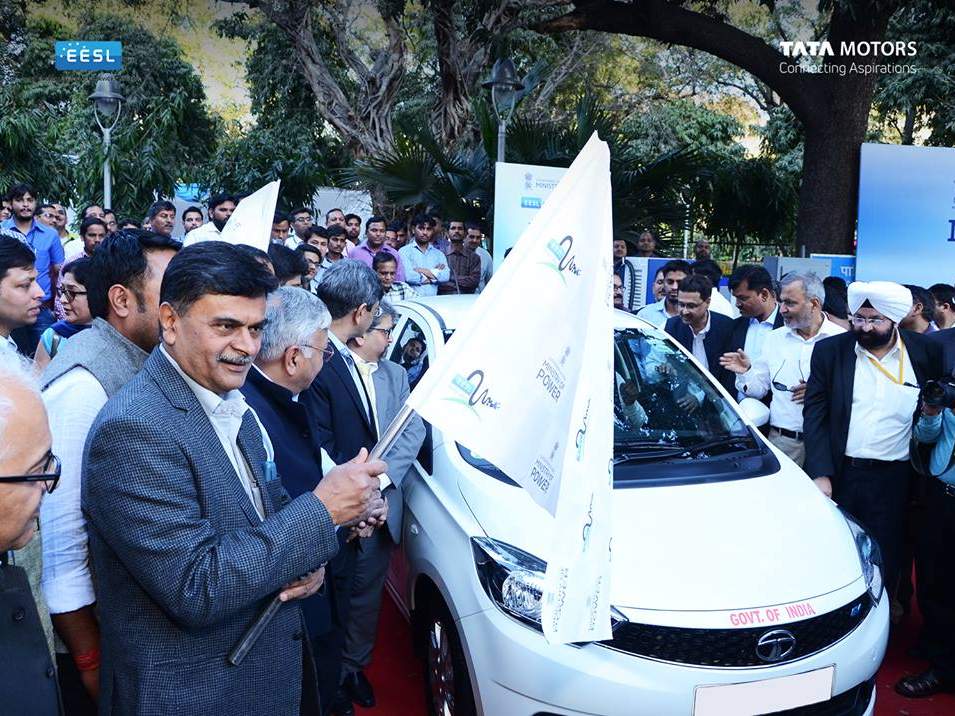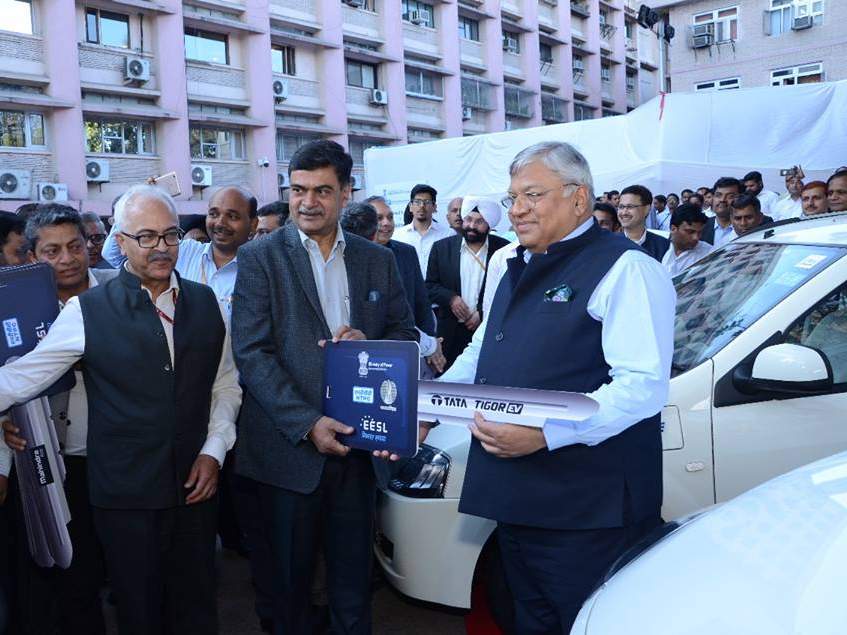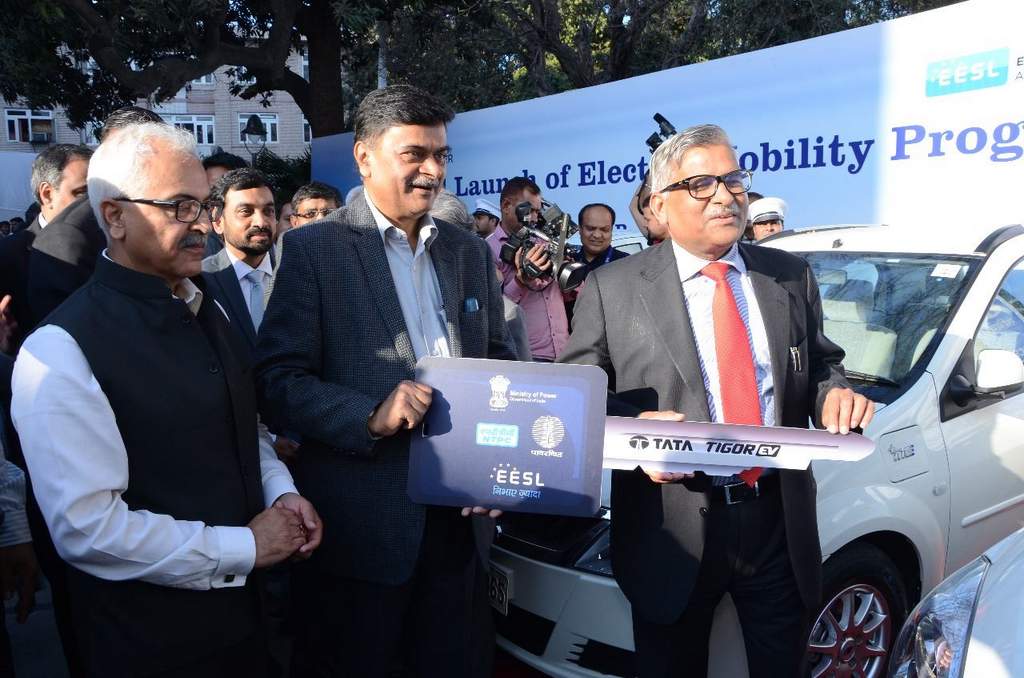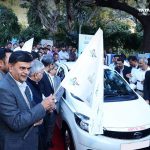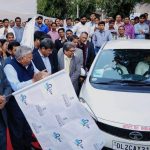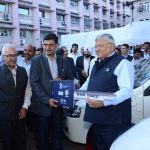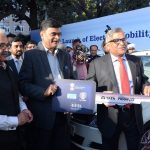With EESL proposing a second tender of 10,000 electric cars based on requirement across India for the for the government electric mobility programme. There will soon be a policy announcement pertaining to electric vehicle charging infrastructure. National E-Mobility Programme looks to boost the e-mobility segment and be a facilitator for vehicle manufacturers, charging infrastructure companies, fleet operators, service providers, and others.
A policy for electric vehicles (EVs) was expected during Union Budget 2018 announcements but that didn’t happen. At the time it was announced the existing policy for Faster Adoption and Manufacturing of Hybrid and Electric (FAME) vehicles would be continued beyond the deadline of March 31, 2018. Launched in 2015 for a period of two years, it was previosuly extended by a year. The project was allocated a budget of Rs 795 crore.
Rs 260 crore is allocated to support market development for hybrid or electric vehicles through subsidies for purchase of e-vehicles charging infrastructure, etc. With no announcement regarding relaxation of GST on EVs and components in this year’s Union Budget session, the market has been left wanting. GST rates applicable at present are as follows: 12 percent for EVs; and 28 percent for EV batteries and the market expectation was lower rates.
Under the upcoming EV policy announcement, charging e-vehicles would be recognised as a service (actual cost of power (ACP) in the state; plus 15 per cent of ACP)), and not sale of electricity. Thereby, setting up charging stations would not require a licence. The policy draft has been finalised by the Central Electricity Authority
In August 2017, EESL had floated a tender for a requirement of 10,000 electric cars. Bids from Tata motors and Mahindra qualified. Both companies have supplied about 500 electric cars to EESL. The upcoming electric vehicle policy will set norms pertaining to bidding, installation, tariff for electricity sold to the charging stations, cost of charge, etc.
With two tenders for a total of 20,000 electric cars, the country will engage in reduction of fuel consumption, and thereby reduction in emission. EESL Managing Director Saurabh Kumar has confirmed demand for 500 electric vehicles in Delhi and charging infrastructure being built at 150 locations.
In 2017, Mahindra and Mahindra matched the bid made by Tata Motors Limited to supply electric vehicles to Energy Efficiency Services Ltd (EESL). It was determined, an order of 150 of the 500 EVs in phase I was to be completed first. Tata Motors is supplying the balance 350 electric vehicles.
The INR 1,120 crore tender for supply of 10,000 electric vehicles to EESL saw Tata Motors in the lead, outbidding Mahindra and Mahindra. After matching the price quoted by Tata Motors, EESL Managing Director Saurabh Kumar confirmed that Mahindra can supply 40% of the order but have decided to supply 30% in the first phase of 500 electric vehicles. Phase II will be for the procurement of the balance 9,500 EVs.
This government contract for supply of 10,000 EVs is the largest such procurement in the world. Tata Motors had quoted the lowest price of INR 10.16 lakhs, and taking into account GST , the final amount works out to INR 11.2 lakhs along with a 5 year warranty period. This is 25% lower than the current retail price of a similar EV with a 3 year warranty.
Though Mahindra and Mahindra has agreed to supply the initial 150 units in Phase I, the company is yet to take a call as they would have to look into costing before taking a final decision. Managing Director M&M, Mr. Pawan Goenka stated that the company has been supplying EVs in India for the past 5 years. Taking into account cost of components, it is difficult to understand pricing of Tata Motors and a serious look into participating in the second phase would have to be assessed. Goenka further iterated that M&M would lose money as their product is about INR 2.3 lakhs more expensive than their competitors.


